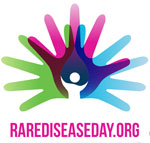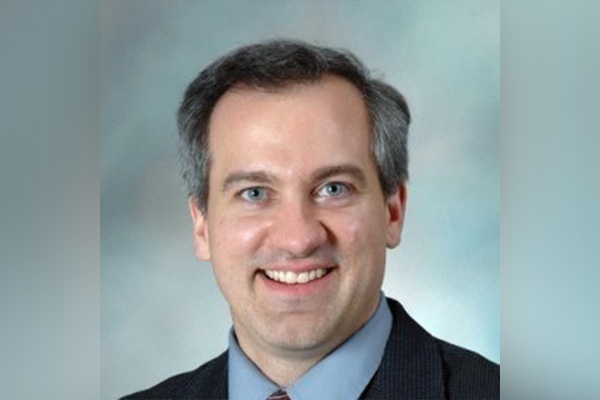
All Articles: News

High-throughput screening is a reliable method for discovering compounds that interact with novel therapeutic targets to improve human health. “Nuisance compounds” interfere with drug discovery by confounding screening results.

Over the past decades we have learned that cancer is a very complex disease. There are many forms of cancer arising from organ specific malignancies that can further metastasize to other organs. Tumors themselves are now recognized to not just be one type of cell but a community of many different types of cells, including many types of tumor cells. Key among these cells are what are being called cancer stem cell like cells or CSCs.
Recognizes connections to Minnesota and College of Pharmacy as influential
The Rare Disease Play Planning Committee has written a final project report about the play. The project was a multi-collegiate effort bringing together faculty, staff, and students from across the Twin Cities and Duluth campuses, as well as contributors from the community. Click here to view the report.
The University of Minnesota recently published lists of patents issued to University faculty during the years 2019-2021.
Dr. Reena Kartha has an impressive track record of creating unique experiences for her students. The most recent is a collaboration with Global Genes's RARE Compassion Program. The RARE Compassion Program is a unique opportunity for healthcare students to develop relationships with patients and their families experiencing a rare diagnosis, with the goal of developing compassion and awareness for the challenges that patients diagnosed with a rare disease are faced with everyday.

Nearly 30 million people in the United States suffer from conditions classified as “rare diseases” – defined by the Food and Drug Administration (FDA) as conditions affecting fewer than 200,000 people.
While some bear names you’ve likely never heard of, other examples may surprise you. Huntington’s disease, Tourette’s syndrome and muscular dystrophy are all classified as rare diseases. In all, more than 6,000 medical disorders are considered rare.
Chenwei Yan, undergraduate student and CODR volunteer, was recently recognized by the President of the University of Minnesota with a President’s Student Leadership and Service Award (PSLSA).

The NCPDP Foundation Board of Trustees announced it has awarded a $102,300 research grant to the University of Minnesota College of Pharmacy to evaluate the quality of data obtained from EHRs using the NCPDP/HL7 Specialty Medication Enrollment Standard.

Dr. Karunya Kandimalla has been selected as the new associate dean of graduate education for the University of Minnesota College of Pharmacy.